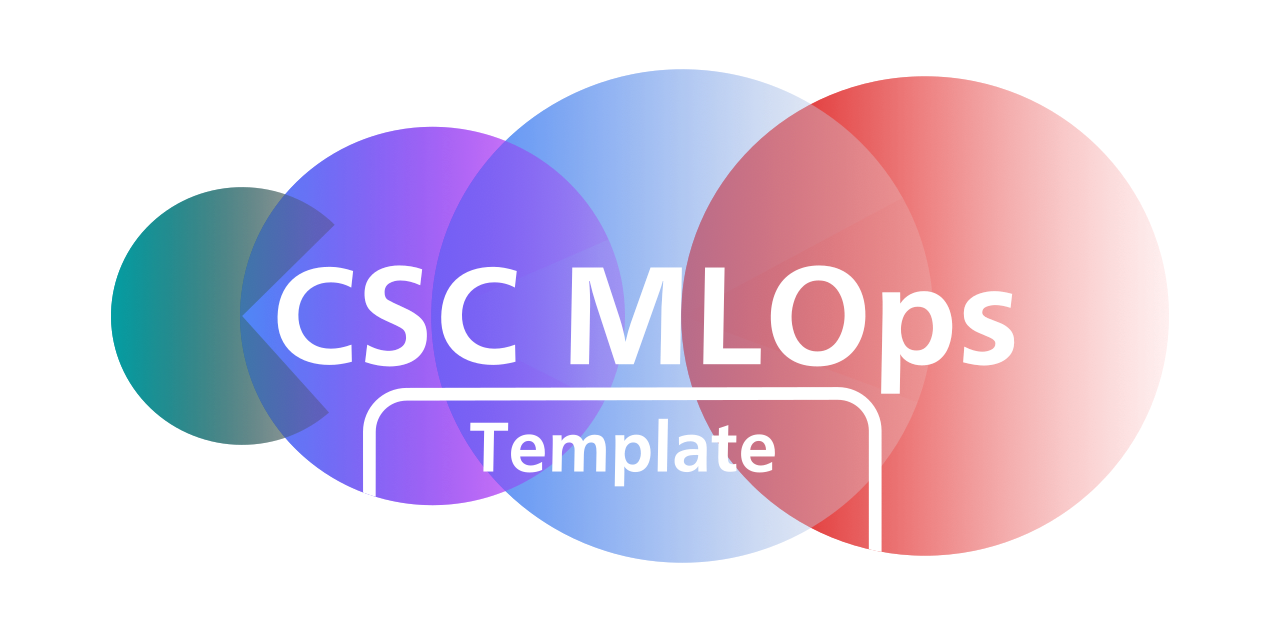A framework for AI applications for healthcare
View repo
·
Report Bug
·
Request Feature
This repository contains an example project using the csc-mlops development platform.
The example demonstrates how developers can use the csc-mlops XNAT interface, pytorch lightning, and MONAI, to segment the anterior and posterior hippocampus from a brain MRI data.
Future updates will demonstrate:
- application packaging
- performance over demographics
Docker and docker compose must be setup on your system, as well as >=python3.9
git clone https://github.com/NrgXnat/xnat-docker-compose.git xnat-docker-compose
cd xnat-docker-compose
mv default.env .env
docker compose up -d --build
cd ..
git clone https://github.com/GSTT-CSC/MLOps.git MLOps
cd MLOps/mlflow_server
mv default.env .env
mkdir -p ~/MLOps_data/mlflow_db
mkdir -p ~/MLOps_data/mlflow_minio
docker compose up -d --build
cd ..
docker psIf you view running docker containers with docker ps you should now see several entries showing the MLOps and xnat stacks, ensure no services display the "unhealthy" status before continuing.
Now that XNAT is running locally you need to create the project we'll be working with. To do this go to http://localhost in a browser window and login with the credentials admin:admin. After logging in you should be able to create a project by navigating to "new">"Project" in the top menu make sure that the Project ID field is "hipposeg"..
Ensure that the Project ID field matches the name given in your config file if you call it something different.
git clone https://github.com/GSTT-CSC/MLOps-tutorial.git MLOps-tutorial
cd MLOps-tutorial
python3 -m venv ../mlops-venv
source ../mlops-venv/bin/activate
pip install --upgrade pip
pip install -r requirements.txtThis example project uses the Hippocampus segmentation dataset from http://medicaldecathlon.com/. A script has been written to download this data and push it to xnat. Assuming your venv is active you can run this with:
python data/create_xnat_data.py config/local_config.cfgThe data should now be visible in your xnat project when accessed through the browser.
You should now be ready to perform local training on the dataset using the MLOps framework.
mlops run scripts/train.py -c config/local_config.cfg --ignore_git_checkThis will build a docker container to run the project in, this may take some time if its the first time you're running the project. It will then run the entrypoint (scripts/train.py) using the specified config file (config/local_config.cfg).
One training is in progress/complete you can view the logged metrics such as training loss and validation DICE score in the mlflow interface http://localhost:85
For bug reports and feature requests please raise a GitHub issue on this repository.


